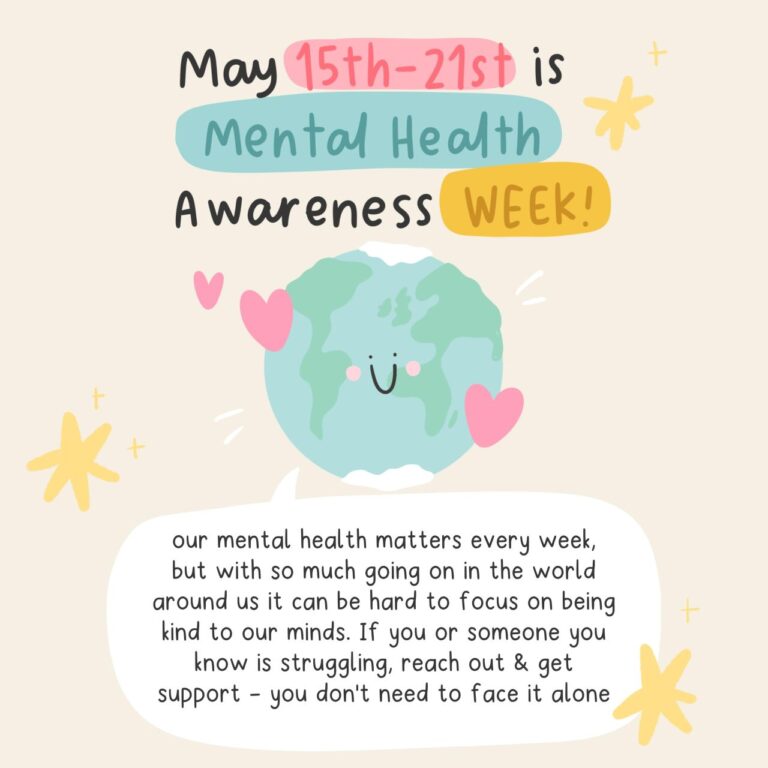
Our spotlight feature, Cake & Chat, welcomes Karen Moran, Director at Disruptive HR. With over 20 years of diverse HR expertise Karen has extensive hands-on experience of leading and implementing fresh thinking HR initiatives.
Thanks for taking the time to chat with us Karen, we are really excited to get to know you a little better over cake.
Tell us about yourself…
I’ve been in HR for over 20 years and I’m a Director of Disruptive HR – an agency we started 8 years ago with a mission to change outdated HR and people leadership practices for good! I’m married to Matt, and we have two awesome ‘grown-ups’ Lewis and Scarlett. I find joy in the simple pleasures of life. I love pottering about at home, keeping fit, spending time with my family and friends and exploring new places – European city breaks are my favourite.
Tell us about how you got into HR? What was the driving force?
I had no idea what I wanted to do and stumbled into HR through a temp job and never looked back. I can’t think of anything more satisfying than enabling people to do their best work.
What’s your career highlight?
The career highlight that stands out is setting up Disruptive HR with my former boss and best friend Lucy. Starting a business was always something I hoped to do but it wasn’t a risk I felt I could take when I had young kids and a big mortgage. I feel out of my comfort zone daily, but it’s also incredibly exciting watching our business grow.
What are your top three tips for a successful HR leader?
Empower your team, always challenge the status quo and be a decent person.
What’s the best advice you can give for keeping on top of the ever-changing world of HR?
Always ‘look up and out’ for inspiration, be open to change and listen to your employees so you can understand their real needs and wants.
Where do you go to keep on top of the changes happening in HR?
I read and listen to a lot of podcasts about anything and everything and at Disruptive HR we make it our business to always look at what progressive and successful organisations are doing differently. We also look to other disciplines like marketing as so many of the trends there can be applied to HR.
What do you feel are the benefits of being part of a membership or community with other HR professionals?
By connecting with peers in the HR community, we open ourselves up to valuable opportunities to gain fresh perspectives, share our successes and challenges and recognise that we are not alone!
What do you do to keep your mental wellbeing in check?
Having control over my diary is a big deal for me. Knowing I can balance errands, family, friends, and fitness alongside work keeps my my mental well-being in check.
What’s your favourite life or work related quote that inspires you or keeps you pushing on?
“Show me your friends and I’ll show you your future” I think this is true in life and also at work. I’m very lucky to have good people in all areas of my life.
Lastly…what’s your favourite cake?
Lemon drizzle – always!
A big thank you to Karen for the great chat.
Join us for an evening of discussion on HR in a Disruptive world with Karen Moran on 20th June, 6:30pm-9pm at David Attenborough Building in Central Cambridge. Tickets can be reserved here.
If you would like to learn more about Cake & HR and the community membership opportunities we offer for HR professionals working in an SME environment, please reach out to [email protected].





